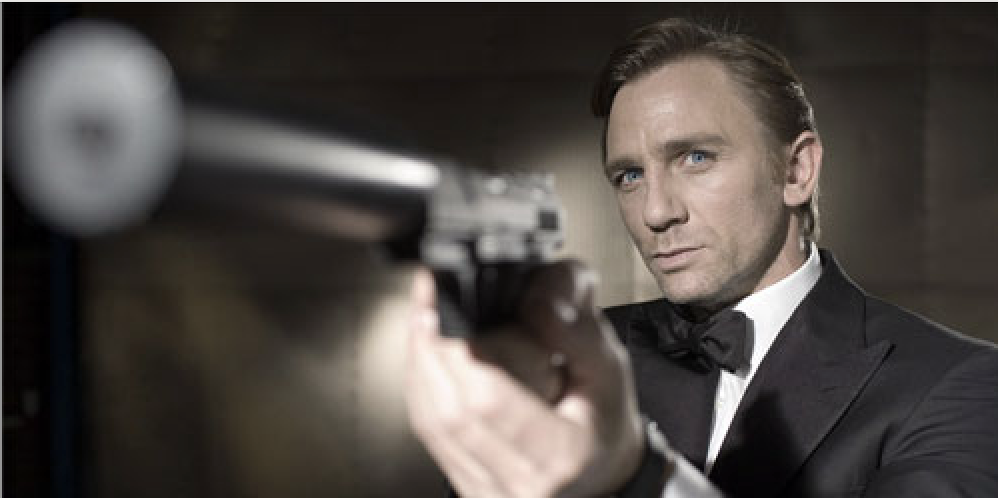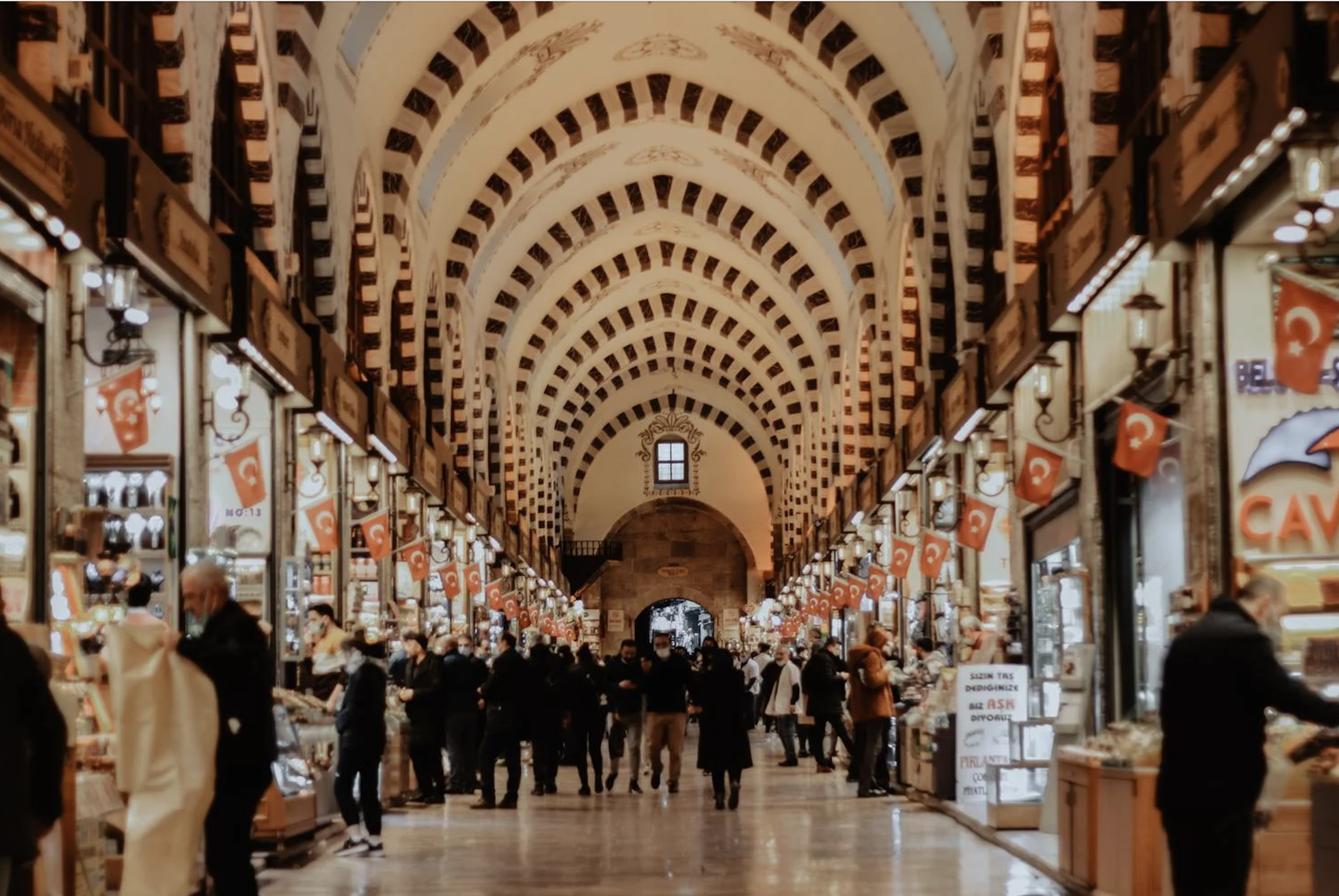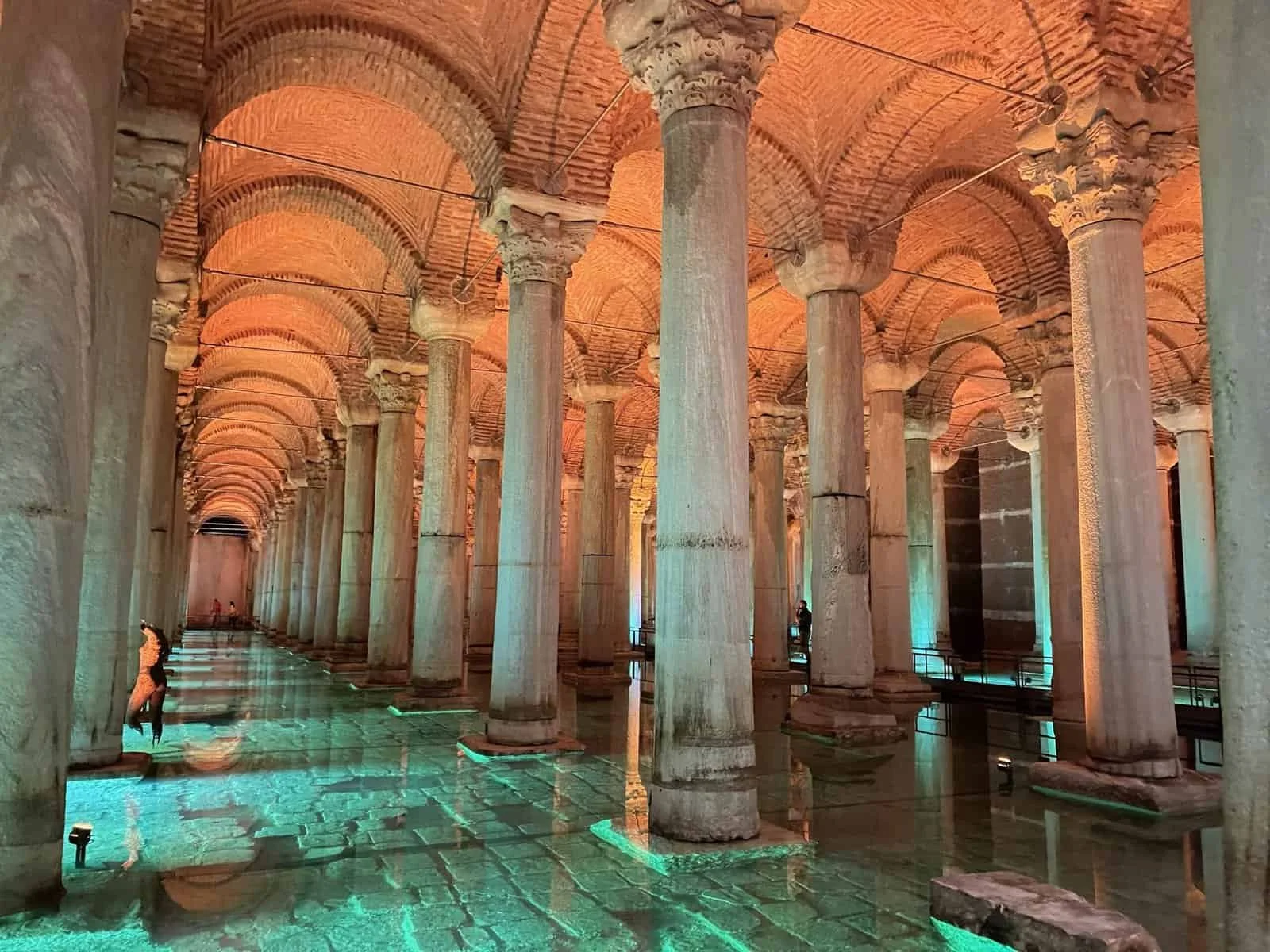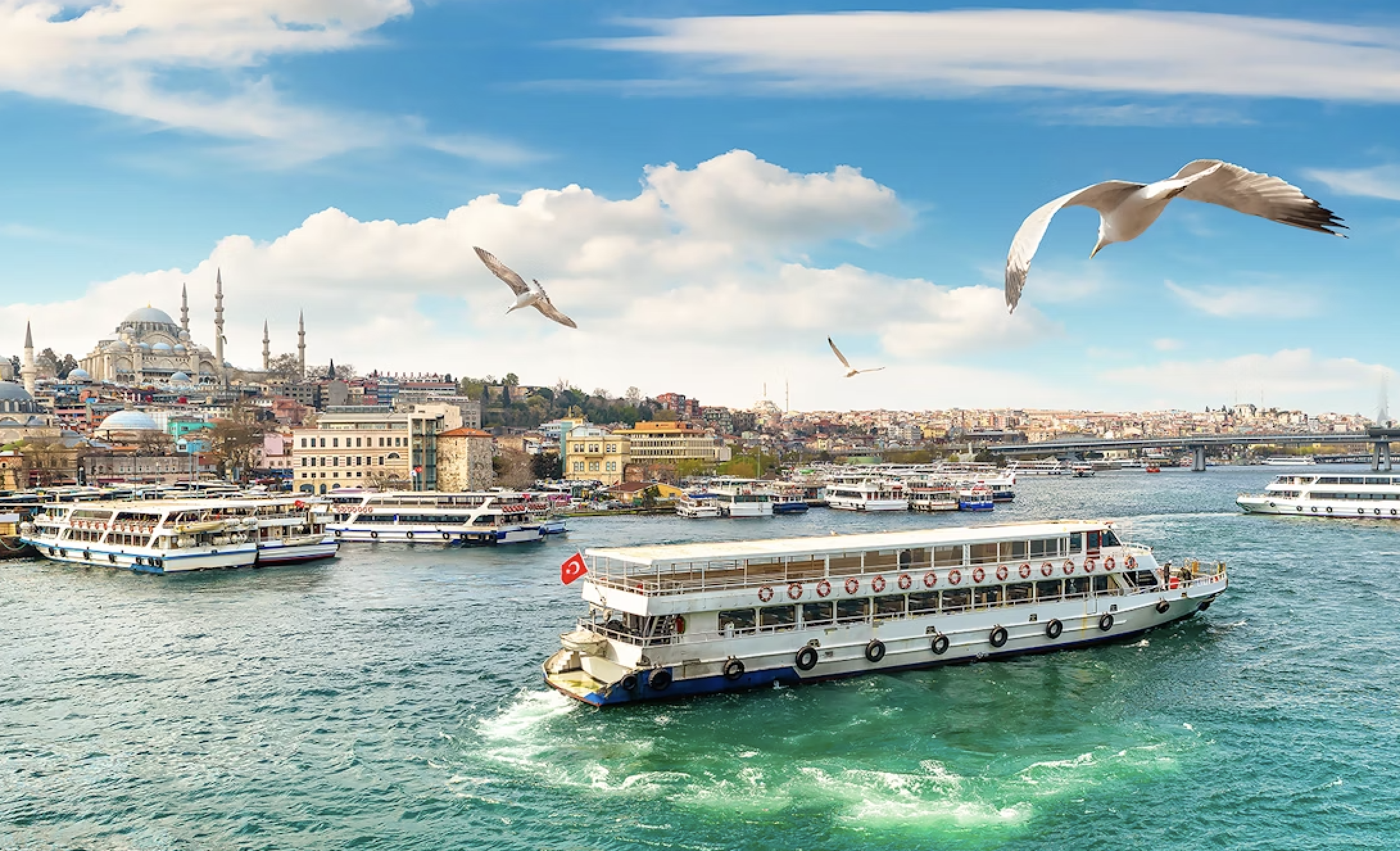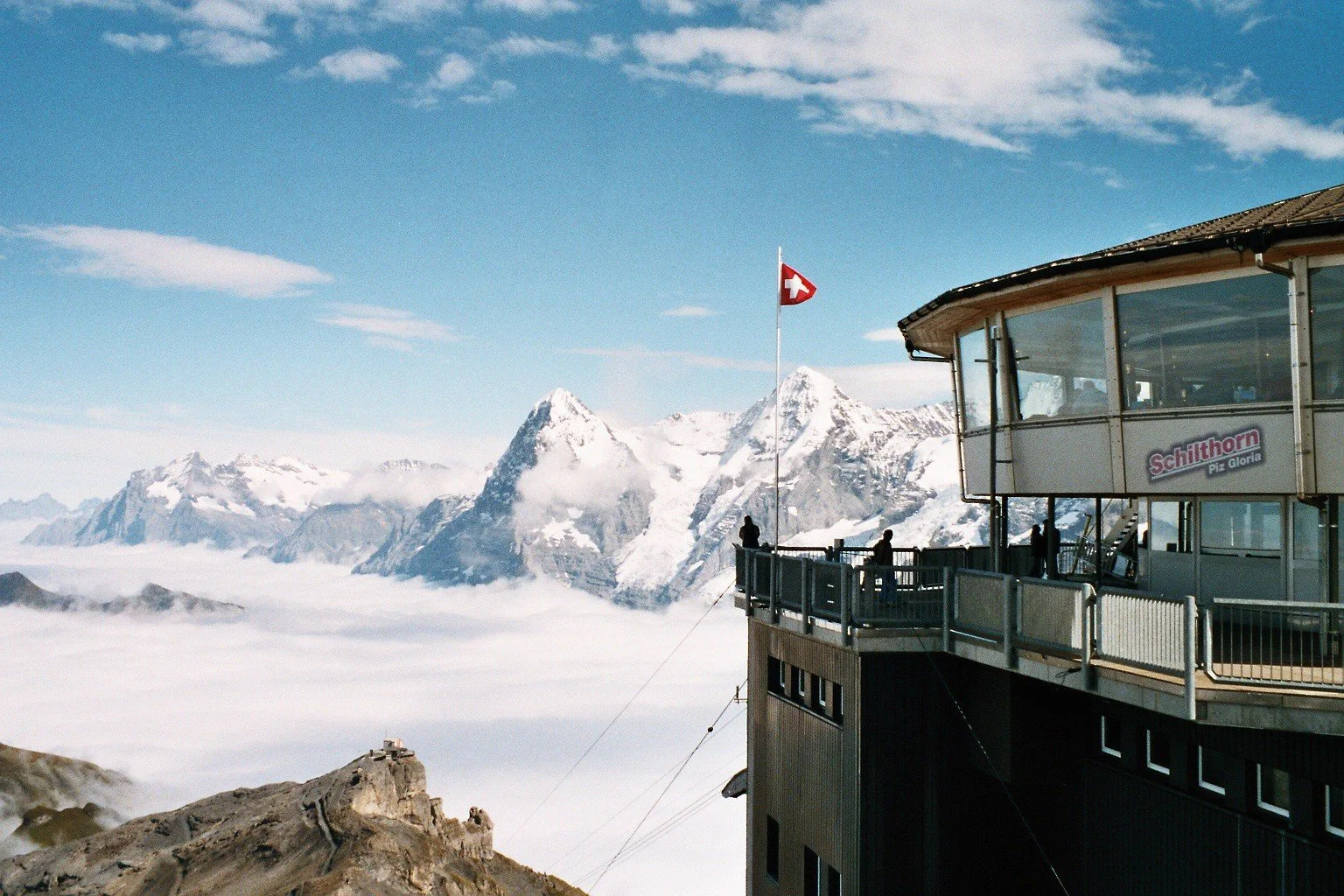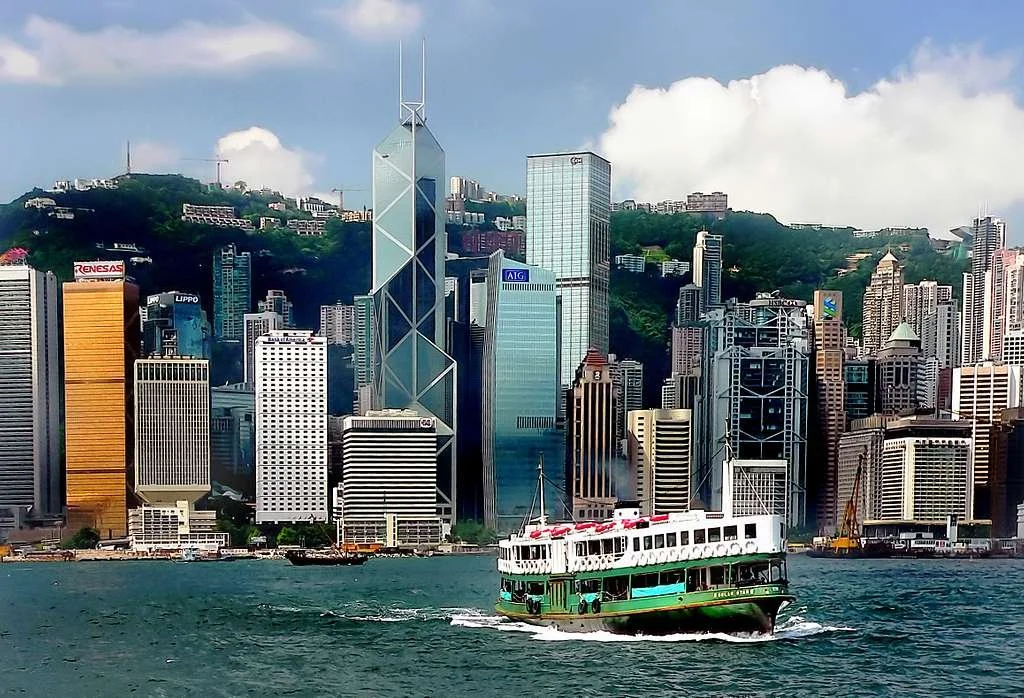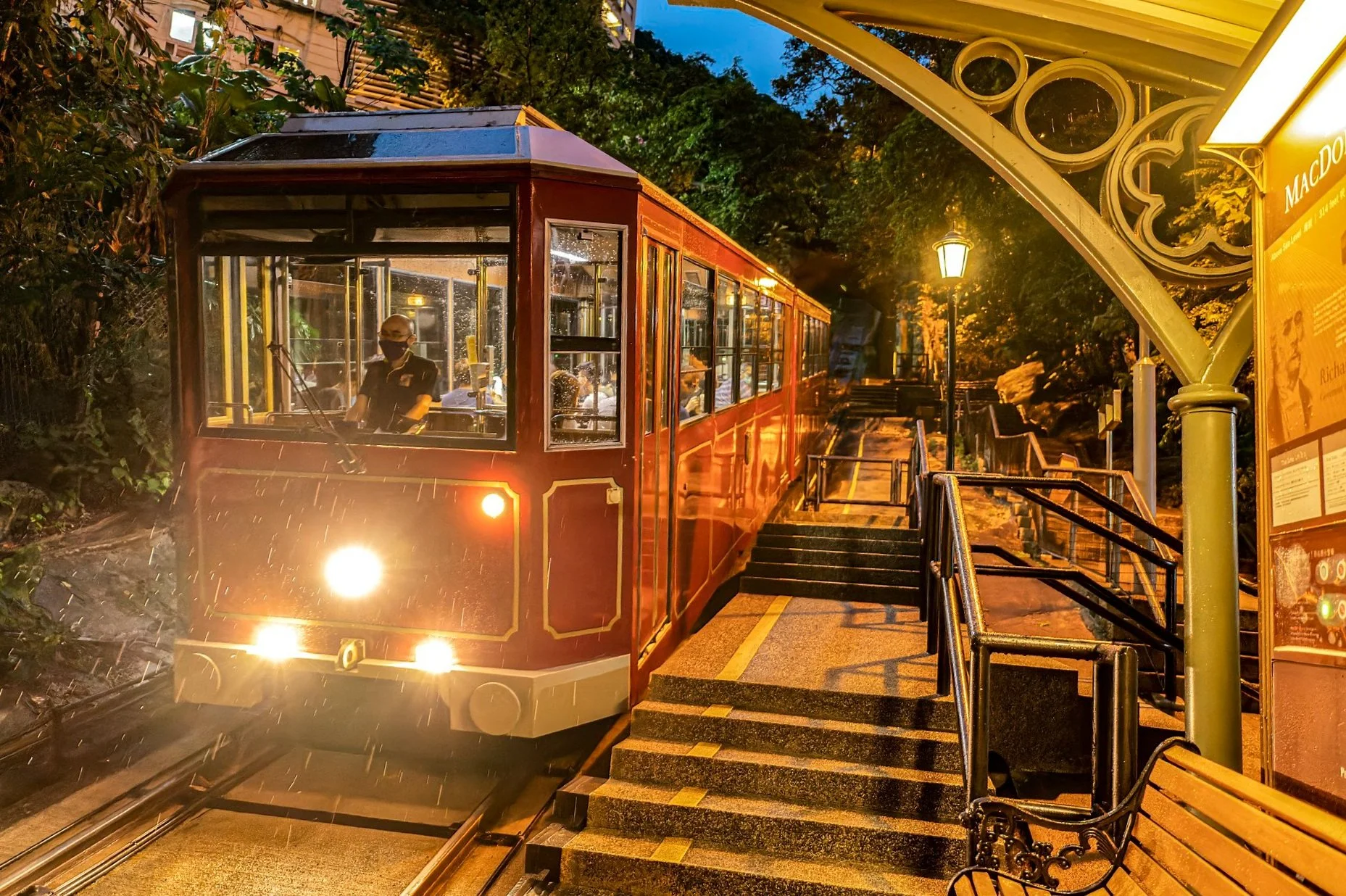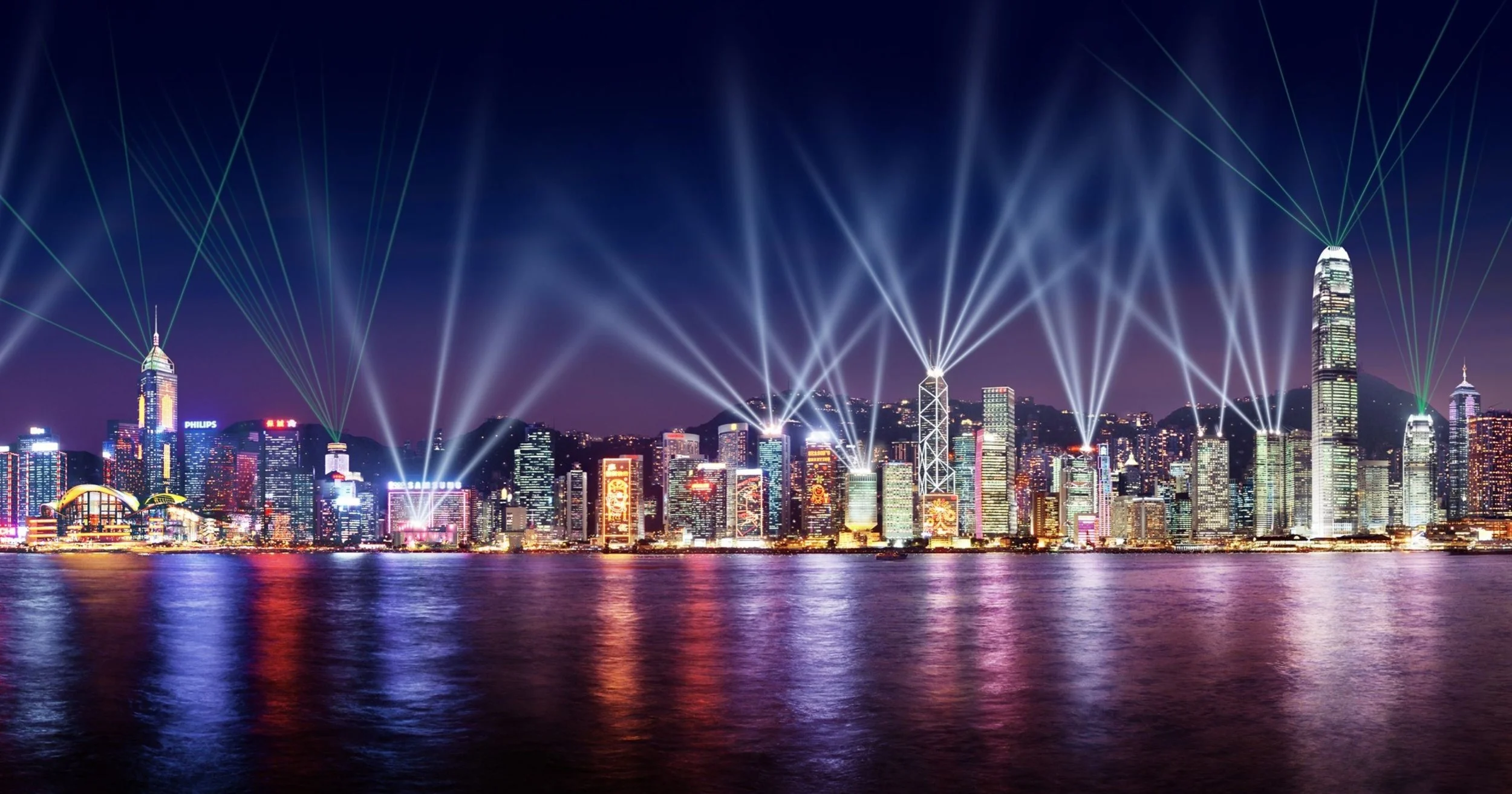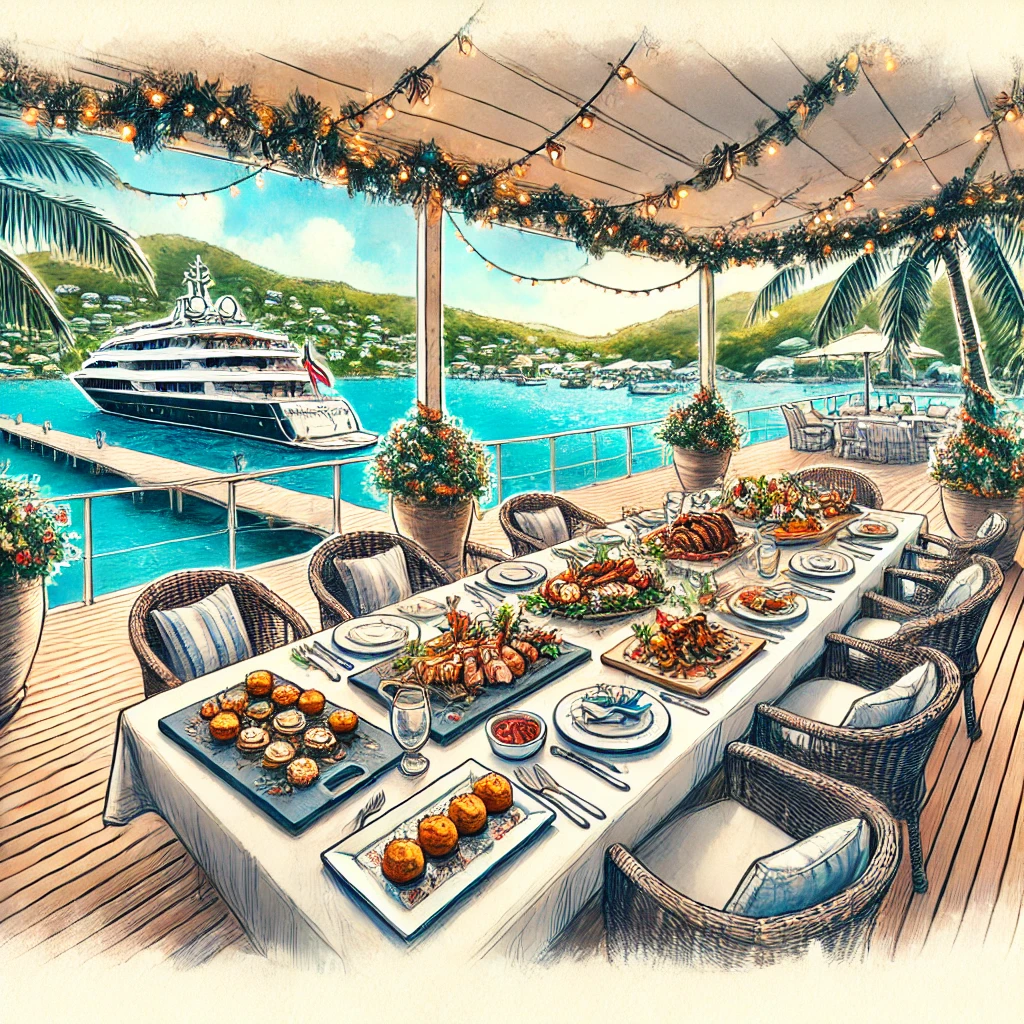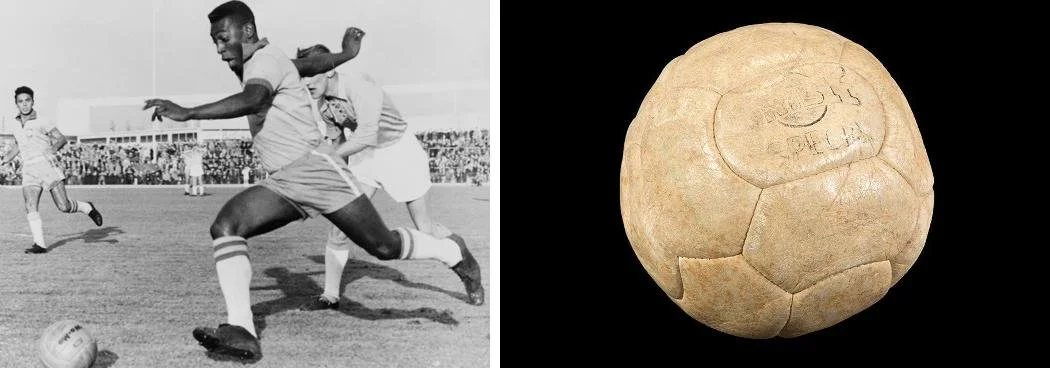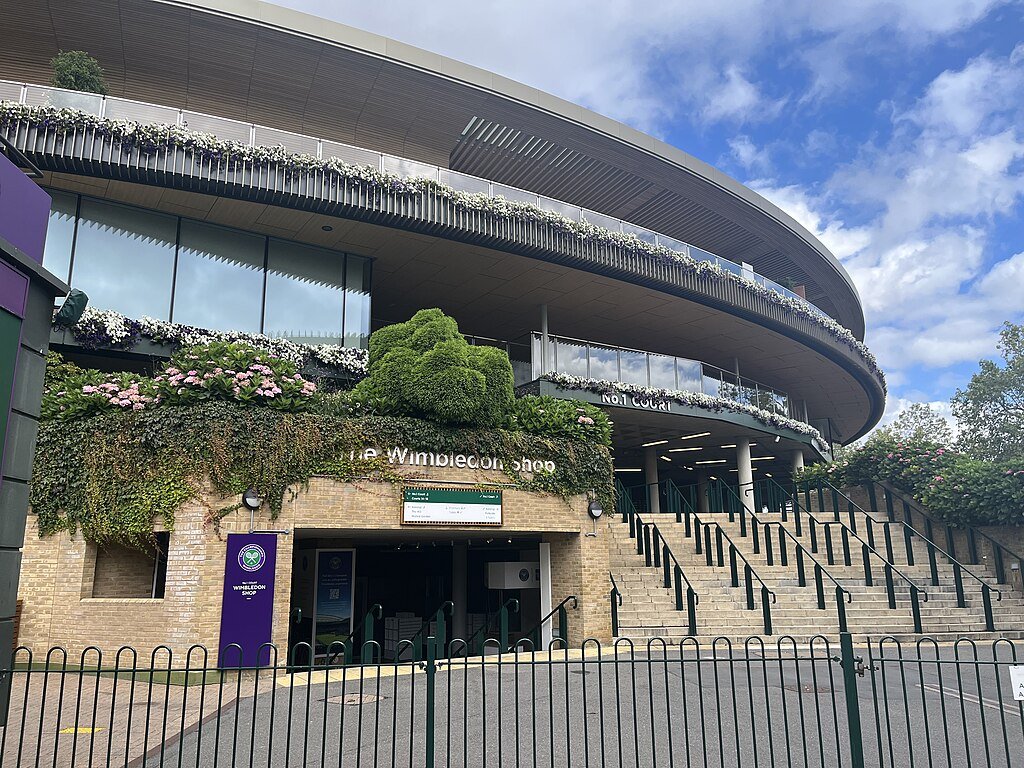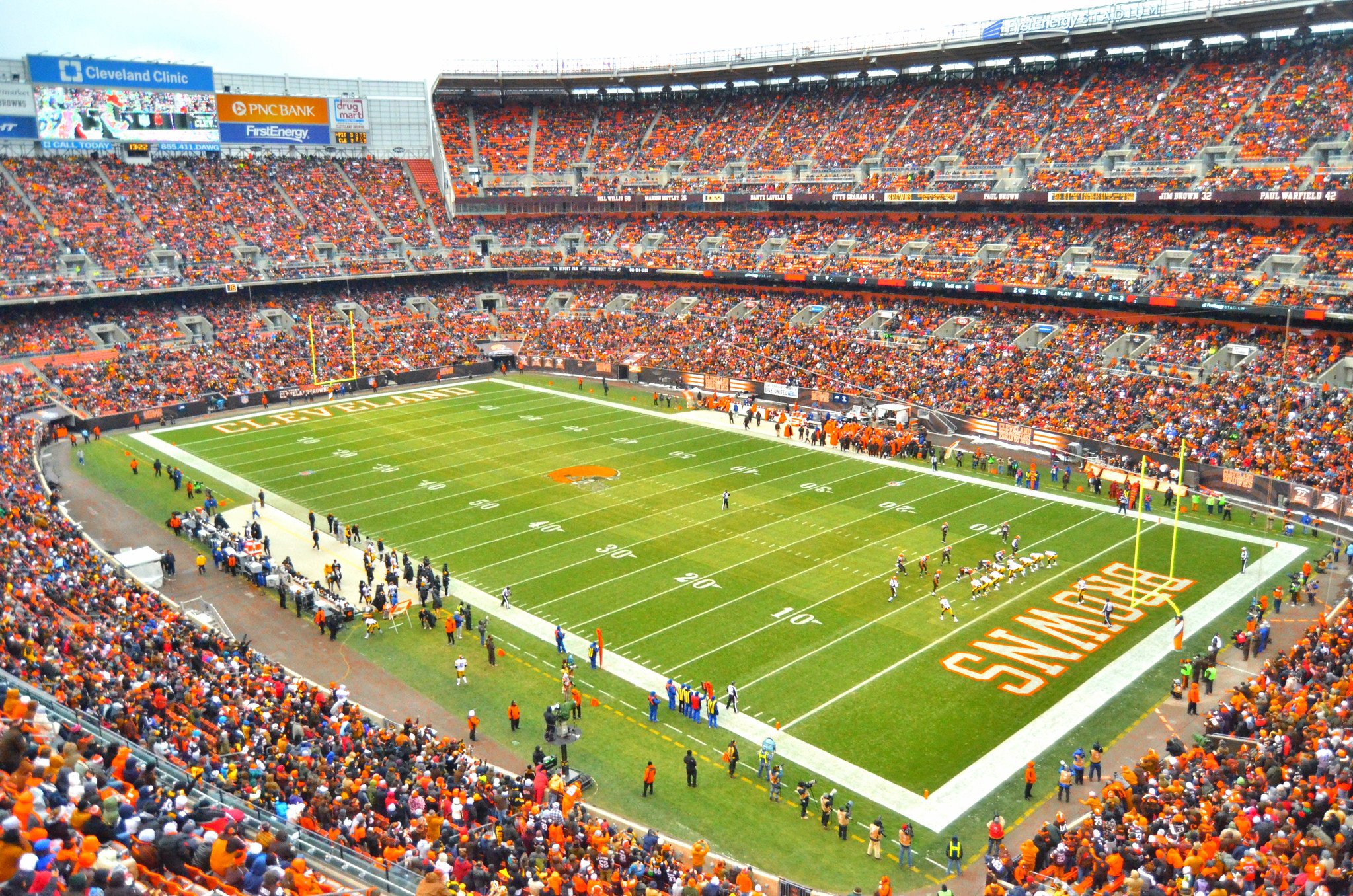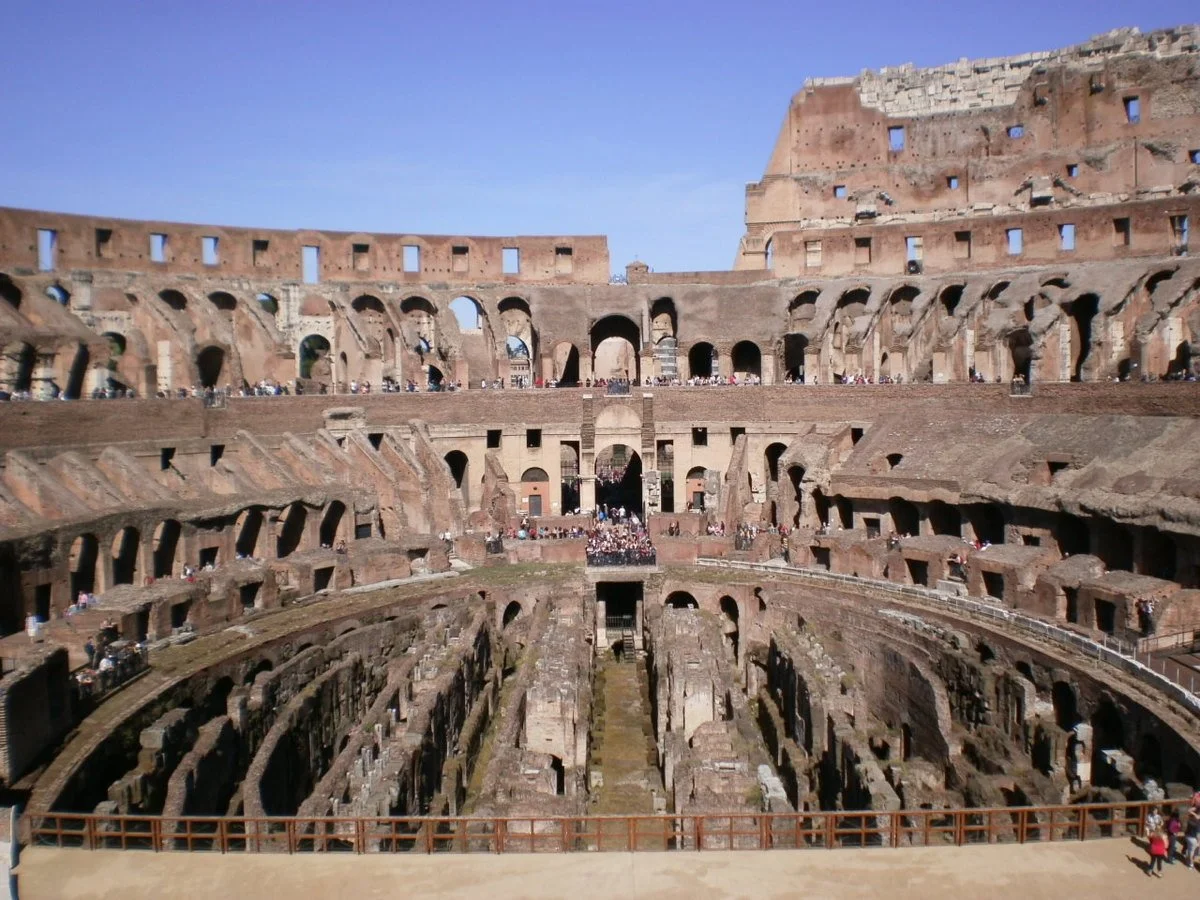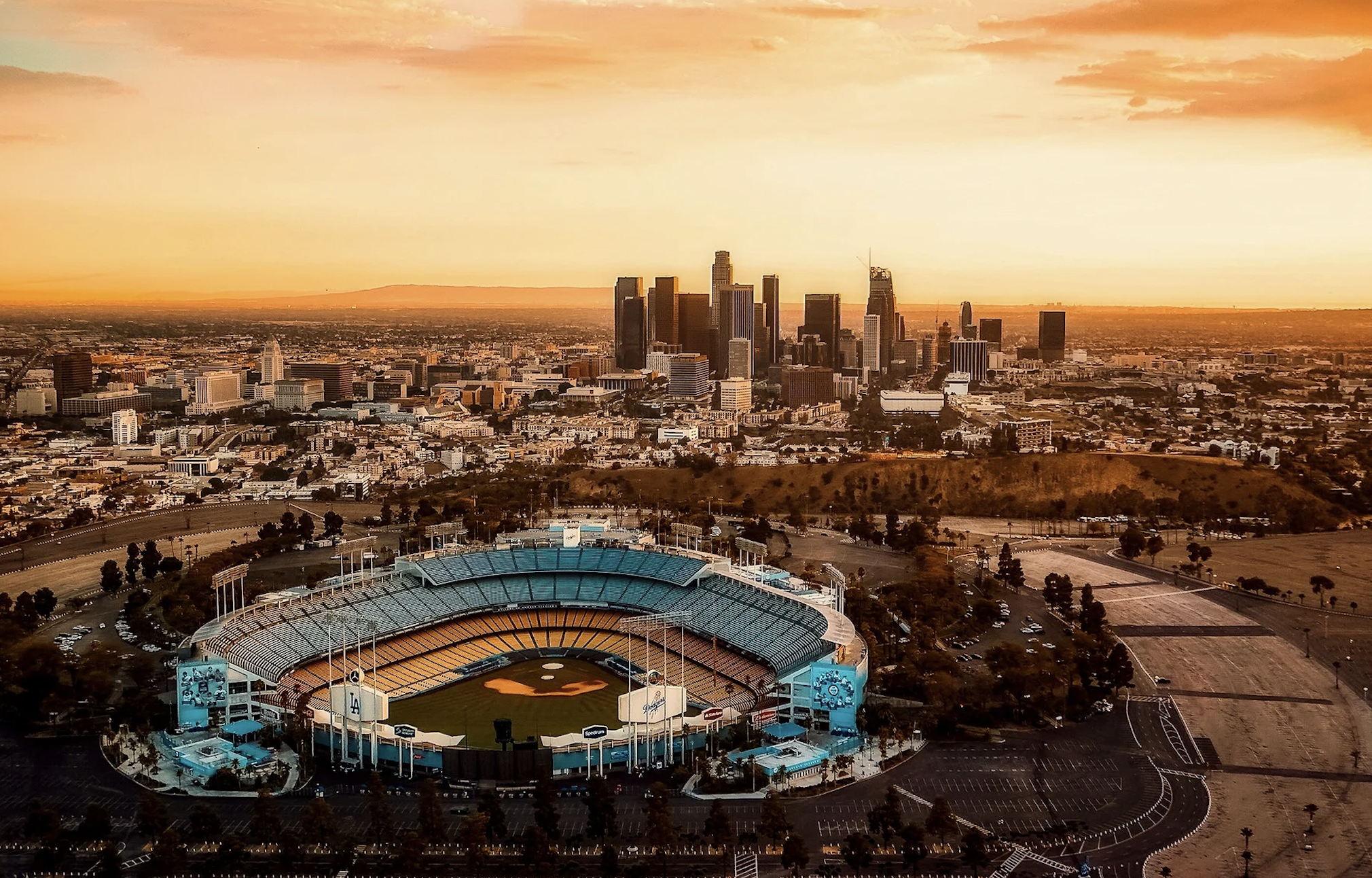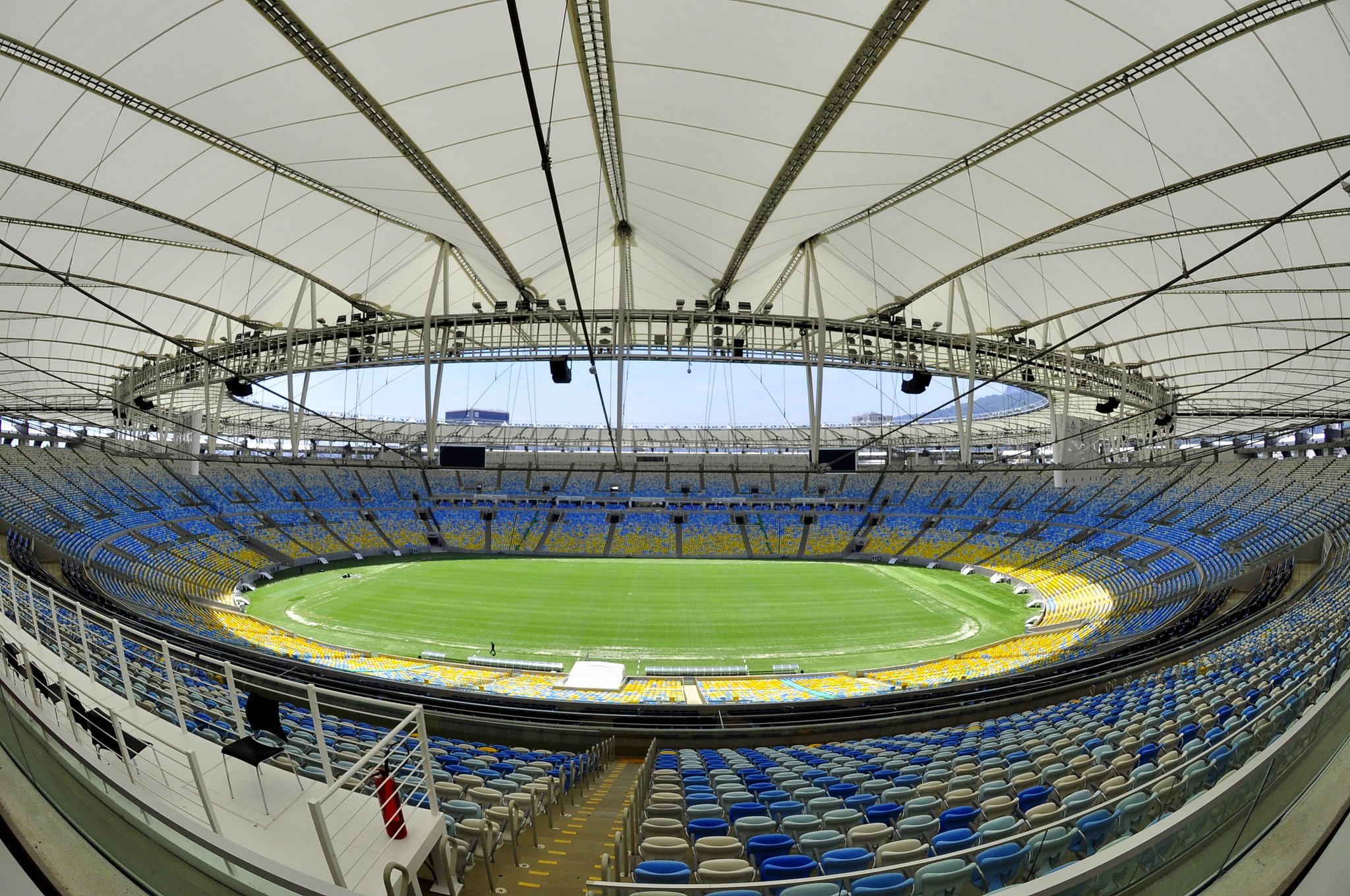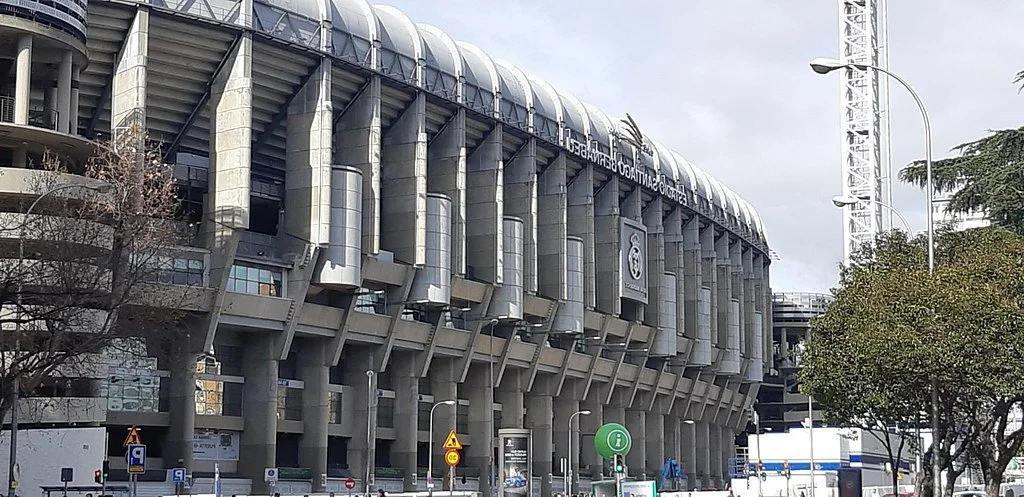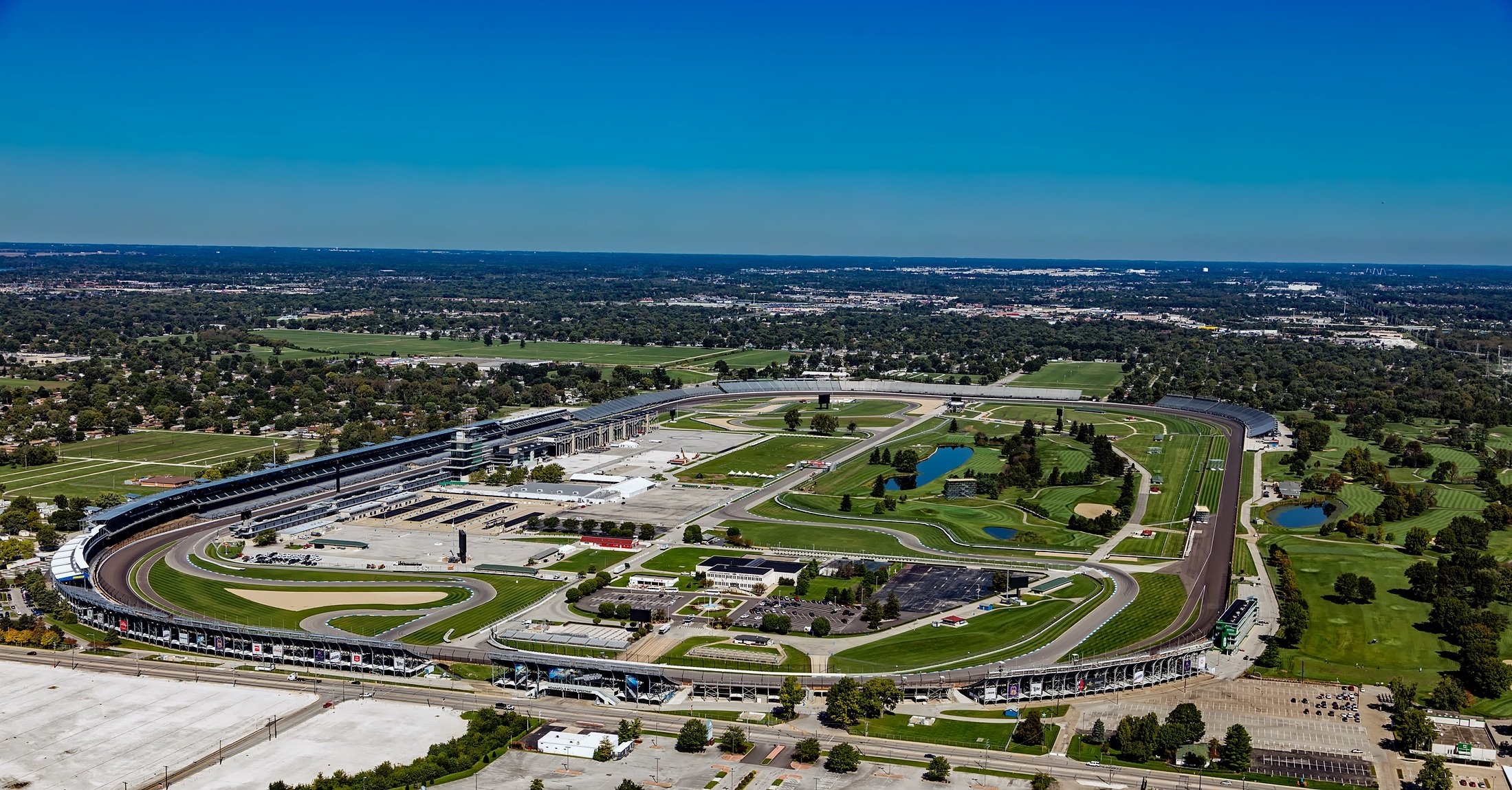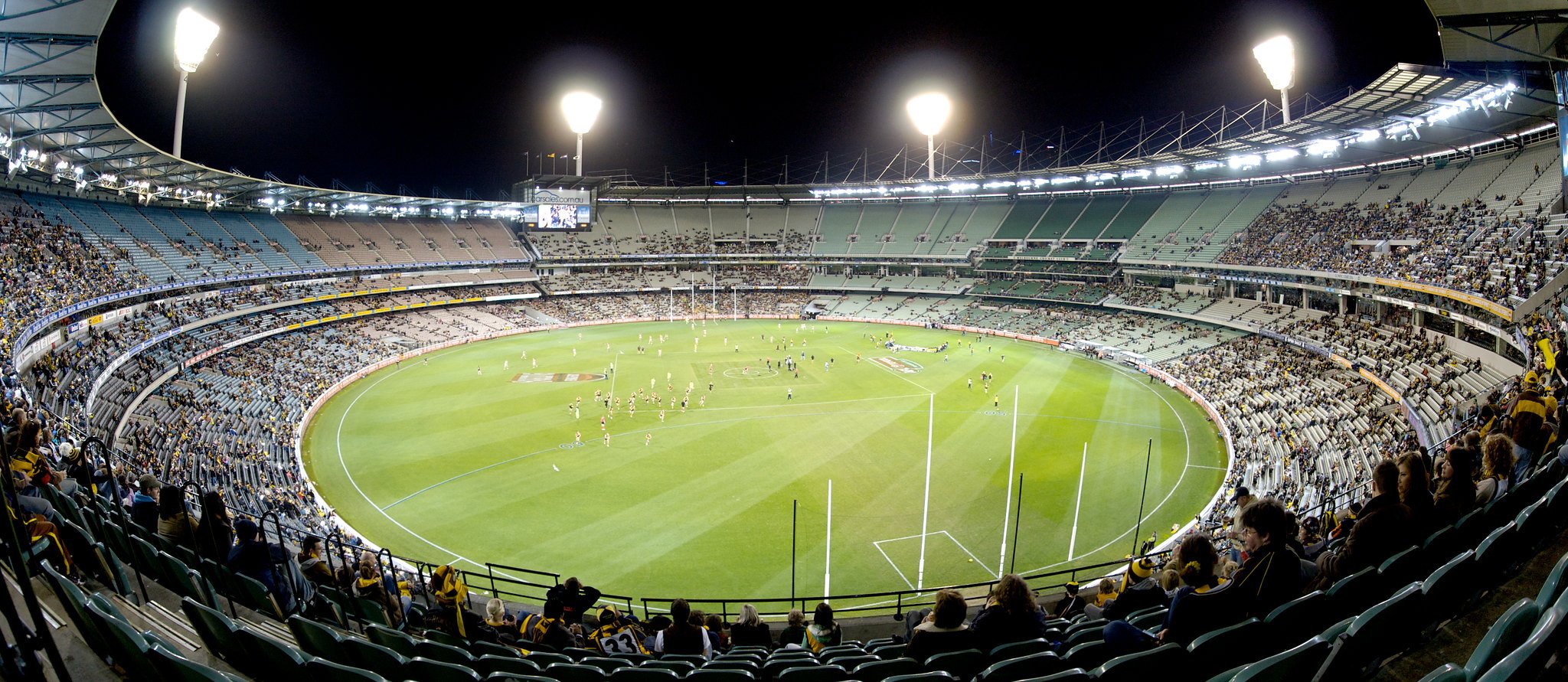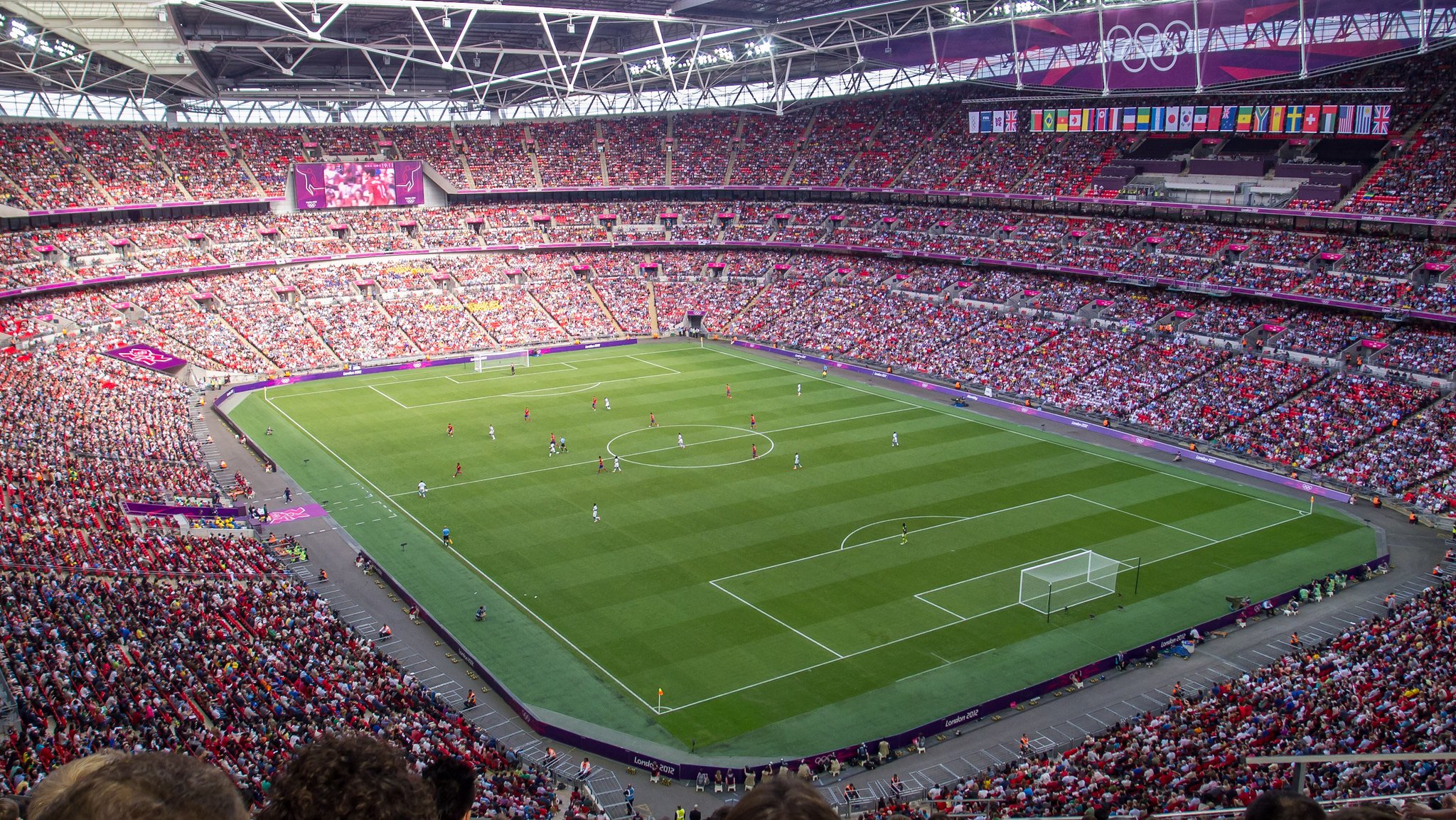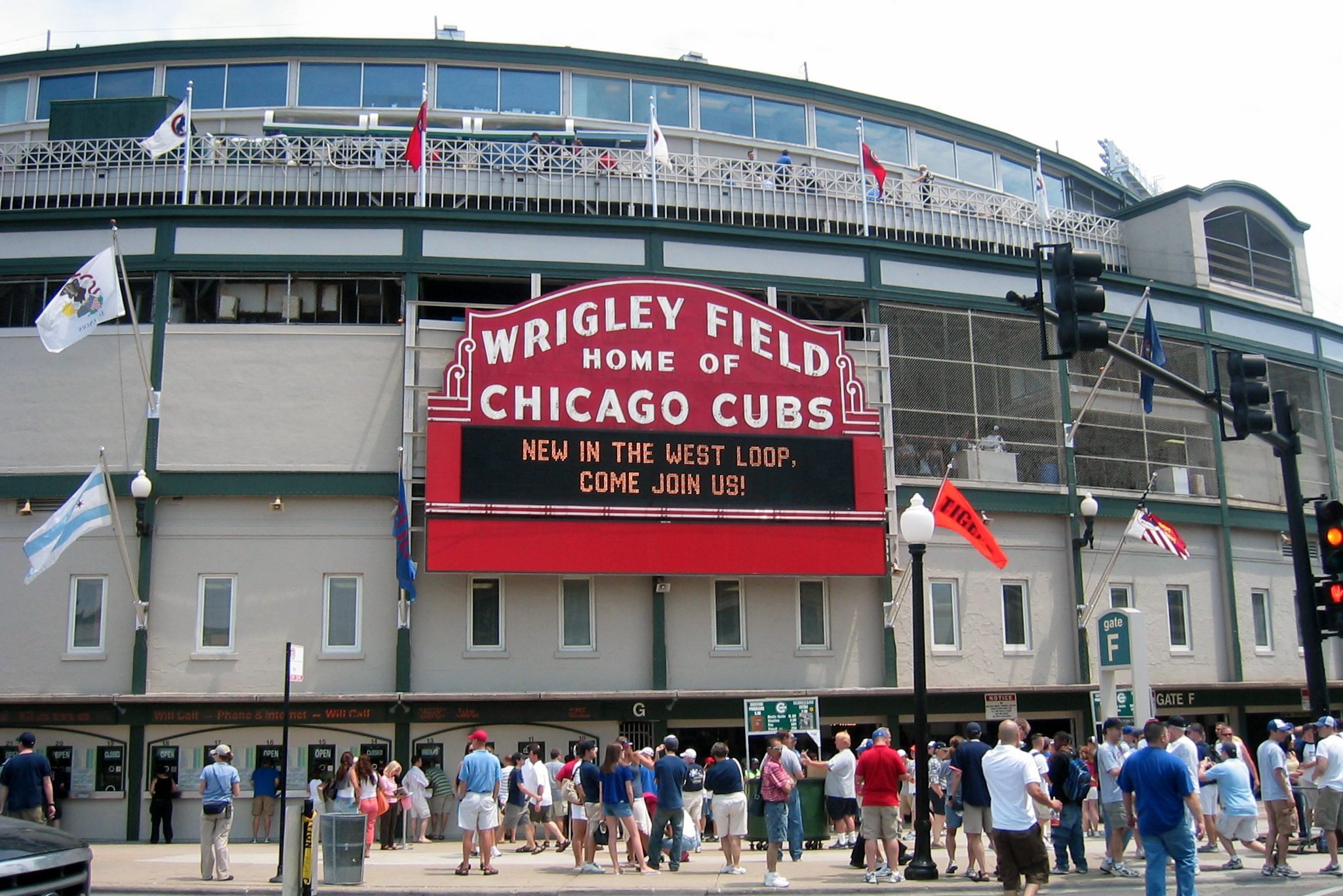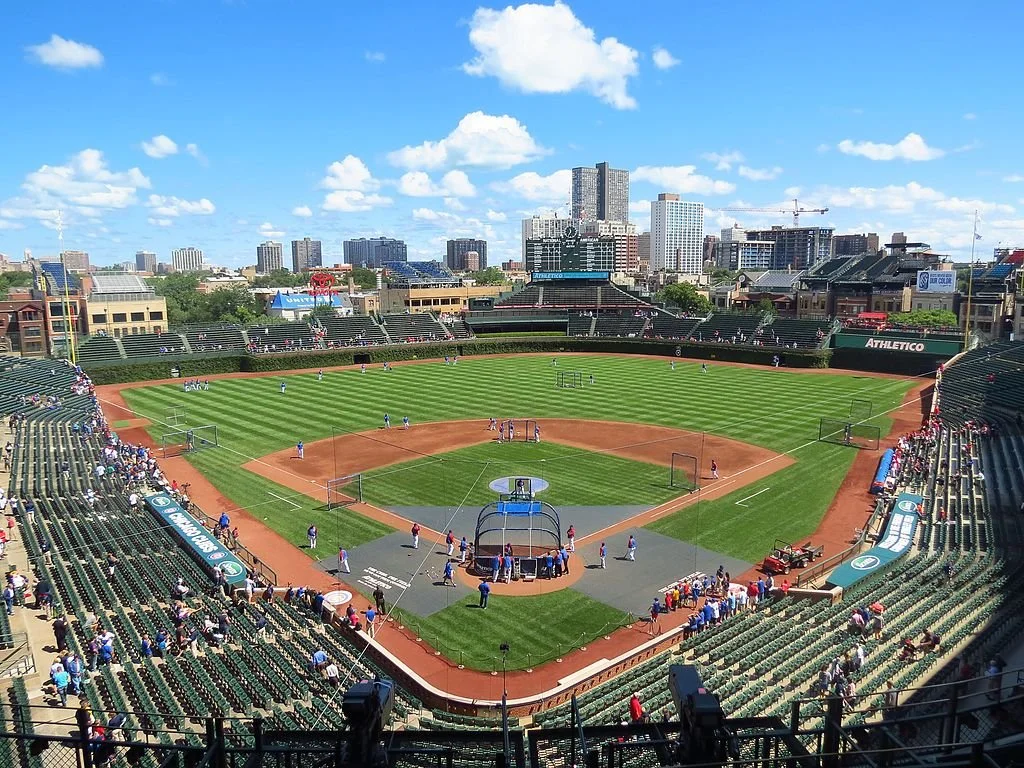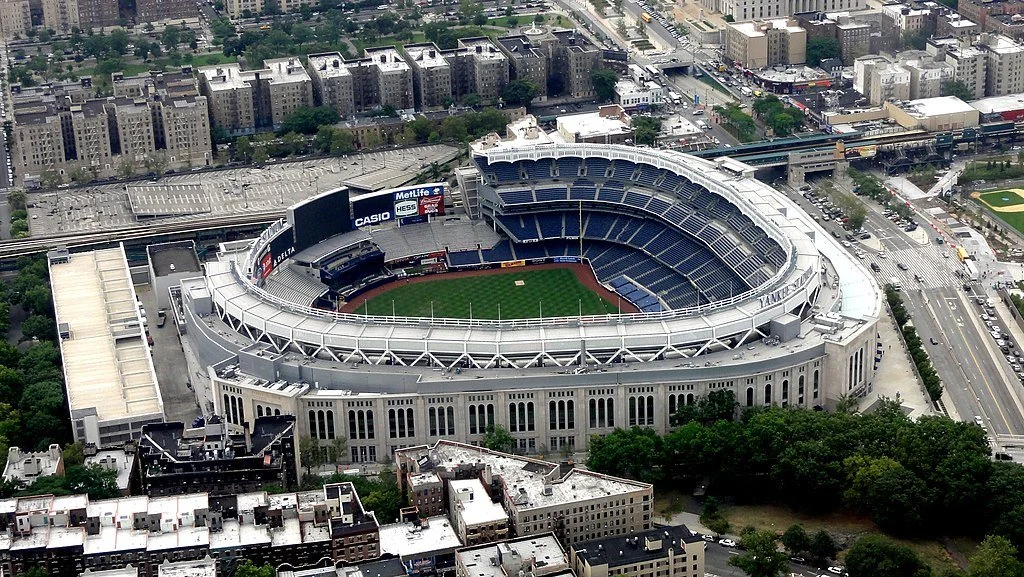Step into 007’s world with thrilling destinations from London to Jamaica, the Swiss Alps to Venice. Live the Bond lifestyle with intrigue, elegance and adventure!
There’s nothing quite like stepping into the world of James Bond. Fast cars, exotic locales and danger at every turn — all served with a side of impeccable style. If you’ve ever dreamed of living the 007 lifestyle, it’s time to trade your office chair for an Aston Martin and embark on a globe-trotting adventure that’s shaken, not stirred.
And if you’re feeling as daring as Bond himself, why not raise the stakes with a live bet on a cricket match while soaking up the excitement of these iconic locales? After all, it’s about embracing risk in style.
So, channel your inner secret agent, pack your sharpest tuxedo (or your slinkiest evening gown), and prepare to walk in the footsteps of the world’s most iconic spy. The mission? Pure, unadulterated thrills.
Locations You Can’t-Miss Out On as a 007 Lover
The James Bond universe oozes glamorous and cuts across many parts of the world. Here are the most iconic Bond locales for any true 007 enthusiast.
London, England: Bond’s Command Center
If Bond has a home, it’s London — a city that pulses with sophistication, intrigue and the kind of drama that only 007 can handle. The British capital has played a starring role in the franchise, serving as both Bond’s operational base and the scene of some unforgettable action.
Imagine walking along the Vauxhall Bridge, the MI6 headquarters towering beside you. It’s not hard to imagine Bond himself striding through those doors on a top secret mission. This is the fortress of espionage, immortalized in films like Skyfall and Spectre.
Your Mission
Raise a glass at Dukes Bar. Ian Fleming famously crafted Bond’s love for martinis here. Sip on their signature Vesper Martini and toast to a life of espionage and elegance.
Cruise the Thames. Re-create the adrenaline of The World Is Not Enough with a speedboat ride along the river, cutting through the heart of London’s iconic skyline.
Visit the National Gallery. Channel your inner Bond as you wander through this cultural treasure, featured in Skyfall, where art meets espionage in a perfectly British fashion.
Explore Whitehall’s secrets. Peek into the corridors of power, imagining the hushed briefings Moneypenny and Q must have held in these historic buildings.
London doesn’t just set the stage for Bond’s adventures; it’s the pulse of his world. From the refined luxury of Mayfair to the gritty backstreets of Southbank, every corner feels like it’s holding a secret. And with every sip of your martini and step through these storied streets, you’ll find yourself asking, “What’s my next move?”
Jamaica: Bond’s Birthplace and Paradise
Jamaica is where the legend was born. Fleming penned all 14 of his Bond novels at Goldeneye Estate, a dreamy hideaway nestled along the island’s stunning coast. It’s no wonder Jamaica became Bond’s cinematic playground, featured in classics like Dr. No and Live and Let Die.
Your Mission
Stay at Goldeneye. Luxuriate in Bond’s birthplace, where you can soak up the very atmosphere that inspired Fleming. Take in the sea views, sip a cocktail and perhaps dream up your own espionage tale.
Explore James Bond Beach. This secluded slice of paradise is where Bond’s adventures began. Paddle in the clear waters or relax under swaying palms, imagining your next mission.
Dive into the Green Grotto Caves. Journey into this labyrinth of caves, rich with history and intrigue, and relive the villainous schemes of Live and Let Die.
Enjoy a rum tasting. Jamaica’s rum is as iconic as Bond’s martini. Head to the Appleton Estate for a tasting that pairs perfectly with the island’s spy-worthy charm.
Jamaica inspired Bond’s world. Here, luxury meets intrigue, and every sunset feels like a cinematic finale. So put on your best Bond attitude, step onto the sand and live like 007 — if only for a moment.
Istanbul, Turkey: Where East Meets West and Espionage Thrives
Istanbul is a city of dualities, where the East kisses the West, and the ancient blends seamlessly with the modern. It’s no surprise this atmospheric metropolis has become a favorite Bond playground, featured in From Russia With Love and Skyfall. With its bustling bazaars, mysterious underground hideouts and breathtaking waterways, Istanbul is a place where intrigue is always just around the corner.
Your Mission
Explore the Grand Bazaar. Lose yourself in this sprawling market of winding alleys and hidden treasures. Keep an eye out for mysterious strangers — after all, this is where Bond did some of his finest shadowing.
Visit the Basilica Cistern. Walk beneath the city in this haunting underground world, imagining yourself escaping danger like Bond and Tatiana. The eerie atmosphere feels like it was designed for espionage.
Take a Bosphorus cruise. Glide through the waters separating Europe and Asia, just as Bond might have done to evade a high-stakes pursuit. The views of Istanbul’s skyline will leave you as breathless as any car chase.
Stop by the Hagia Sophia. Once a church, then a mosque, and now a museum, this architectural marvel is as layered as Bond himself. Stand in its quiet majesty and soak in centuries of history and mystery.
Istanbul is a city where every corner feels alive with secrets and stories. It’s no wonder Bond couldn’t resist its pull. Whether you’re bargaining for treasures in the bazaar or soaking in the view from the Bosphorus, you’ll feel as if the next twist in the plot is just waiting for you to discover it. Adventure doesn’t just happen in Istanbul — it’s built into its very fabric.
The Swiss Alps: Bond’s Snow-Covered Playground
Few places in the world capture the high-stakes drama of a Bond movie quite like the Swiss Alps. These snow-covered peaks have been a favorite backdrop for 007’s most daring escapades, offering equal parts adrenaline and breathtaking beauty. Featured prominently in On Her Majesty’s Secret Service and Goldfinger, the Alps bring Bond’s signature mix of luxury and danger to life.
Your Mission
Drive the Furka Pass. Put yourself in the driver’s seat and retrace Bond’s tire-squealing route. The sharp turns and jaw-dropping vistas make this one of the most thrilling roads in the world.
Dine at Piz Gloria. Perched atop the Schilthorn, this revolving restaurant isn’t just a Bond filming location — it’s a full-on cinematic experience. Feast on the views, and don’t forget to toast with a martini as you imagine outsmarting Blofeld.
Ski the legendary slopes. Take to the pristine snowfields where Bond himself might have carved tracks. Whether you’re a seasoned skier or a first-timer, the Swiss Alps deliver thrills worthy of a 007 mission.
Visit the Rhône Glacier. Seen in Goldfinger, this icy wonderland offers a chilling dose of Bond-worthy drama and the perfect setting for an epic photo op.
The Swiss Alps embody everything Bond stands for: style, danger and a touch of the extravagant. Whether you’re carving down a mountainside or sipping cocktails with the peaks as your backdrop, this is one destination where you can truly live the Bond dream. Here, every moment feels like a high-stakes mission — and every scene, a masterpiece.
Venice, Italy: City of Romance and Intrigue
Few places in the world can match Venice’s blend of romance and mystery, making it the perfect stage for Bond adventures. Featured in Casino Royale and Moonraker, Venice’s timeless charm has hosted everything from dramatic escapes to deadly showdowns.
Your Mission
Glide through the canals. Take a gondola ride, but keep your eyes sharp — after all, danger can lurk even in the city’s most beautiful corners. Channel Bond’s suave coolness as you explore Venice’s iconic waterways.
Visit Saint Mark’s Square. Stand where Bond’s gondola hovercraft made its dramatic entrance in Moonraker. The grandeur of this square, framed by centuries-old architecture, will have you feeling like the star of your own movie.
Explore the Palazzo Pisani. Step into cinematic history at this stunning Venetian palace, the setting of a fierce fight scene in Casino Royale. Its regal halls hold secrets and stories worthy of a spy.
Discover hidden corners. Venture into Venice’s labyrinthine alleys and quiet campos. Much like Bond’s missions, the city’s best finds are off the beaten path and shrouded in mystery.
Venice sets a stage where romance and danger waltz together under moonlit skies. Whether you’re sipping wine in a piazza or navigating the canals with Bond-like precision, this city offers intrigue in every shadow and thrill in every reflection.
Hong Kong: The Neon Jungle of Danger and Deception
Hong Kong is a city of contrasts: Sleek skyscrapers rise alongside bustling street markets, and neon lights illuminate ancient traditions. It’s no wonder Bond found himself entangled in its electric energy in The Man with the Golden Gun. With its dazzling skyline and shadowy alleys, Hong Kong is a place where luxury and danger collide — a perfect playground for 007.
Your Mission
Stay at the Peninsula Hotel. Walk in Bond’s footsteps at this luxurious landmark. Order a martini at the rooftop bar, gaze out at the skyline and soak in the glamour of a classic Bond setting.
Take the Star Ferry. Cruise across Victoria Harbour, imagining Bond slipping through the waters on a covert mission. The city’s skyline at sunset is as breathtaking as any Bond girl.
Explore Kowloon’s streets. Wander the vibrant markets and alleyways where the city’s pulse beats the loudest. Channel your inner Bond as you navigate the chaos, always alert for the unexpected.
Ride the Peak Tram. Ascend to Victoria Peak for a bird’s-eye view of the city. The dizzying heights and sweeping vistas will have you feeling like Bond himself, strategizing your next move.
Experience the Symphony of Lights. Watch the city’s skyline come alive in a dazzling light show — a modern spectacle that feels like it was made for a Bond film.
In Hong Kong, the line between luxury and danger blurs, creating a city as dynamic and unpredictable as Bond himself. Whether you’re sipping cocktails at a rooftop bar, navigating bustling markets or cruising the harbor, every moment feels charged with possibility. Here, the stakes are always high, and the thrill is never far behind.
007 Travel: A License to Thrill
These destinations let you step into the world of Bond, James Bond — where every turn promises intrigue, elegance and a dash of danger. But they’re not just for hardcore Bond fans; they’re for anyone craving a mix of high-octane adventure and cinematic charm.
So, pack your sharpest tuxedo, order your martini shaken, not stirred, and get ready to use your passport as a license to thrill. Whether you’re scaling the peaks of the Swiss Alps or gliding through Venice’s canals, every moment will feel like your own 007 mission.
Because for Bond — and now, for you — the world is never enough. But it’s one hell of a good place to start. –Ibrahim Oluwu

